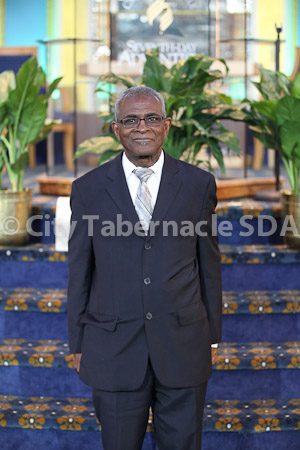"Elders [are] recognized by the church as strong spiritual leaders [who] have good reputations both in the church and community. In the absence of a pastor, elders are the spiritual leaders of the church and by precept and example must seek to lead the church into a deeper and fuller Christian experience."
- Paraphrased from the Seventh-day Adventist Church Manual, 19th Edition, pg. 73
Duties of the Elder include, but are not limited to:
- Visitation - "The elder can actively visit members in their homes, encourage others to do so, and assist in the training of prospective members."
- Commitment - "It is especially important for the local elder to be committed to the outreach of the church. The congregation needs to know that its leaders have a clear vision of the mission of the church. . .When an elder enthusiastically models a commitment of his or her time to outreach ministry, others catch the same spirit and commit themselves to the mission of the church."
- Worship Leadership - "The involvement and leadership of an elder can make a tremendous difference in the weekly worship celebration service of the church. . .Skills in worship leadership, such as the reading of scripture; offering public prayers; planning the order of service; and in smaller church at least, delivering the sermon, should be developed."
- A Spiritual Mentor - "The spiritual life of an elder should constantly lead members of the church to seek a deeper spiritual experience for themselves. 1 Timothy, chapter 3, describes the Christian life of an elder in these words: '. . . above reproach, the husband of one wife, temperate, prudent, respectable, hospitable, able to teach, not addicted to wine or pugnacious, but gentle. . .' An elder should model, by his or her devotional life, Christian personality, and spiritual interest, a higher ideal for each member to reach."
- Church Administration - "An elder should always attempt to make a positive contribution to the organization and progress of the church. . . An elder often serves in an advisory capacity to various departments, committees, and projects. In doing this, the elder provides unity among the various programs of the church, communicates progress to the church board and encourages a unified mission."
- Taken from the book, "Responsibilities in the local church", pg. 31-32, by Monte Sahlin, 1997
